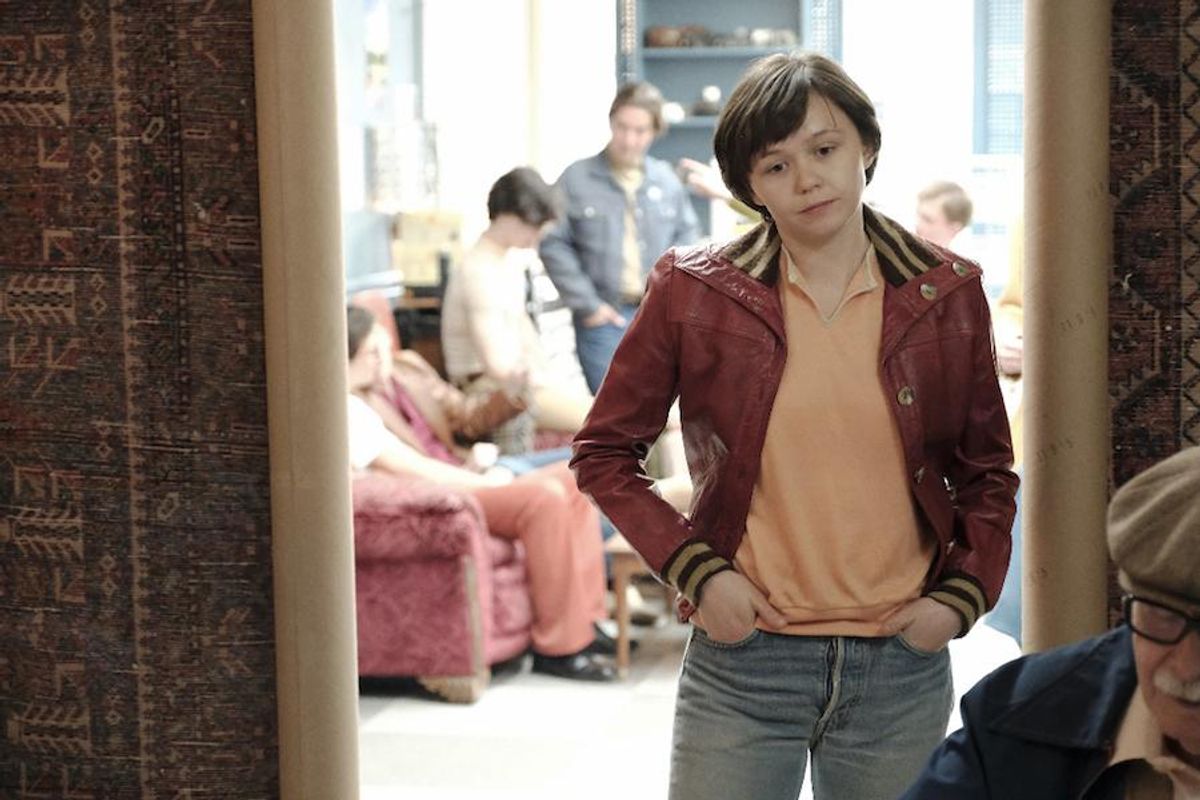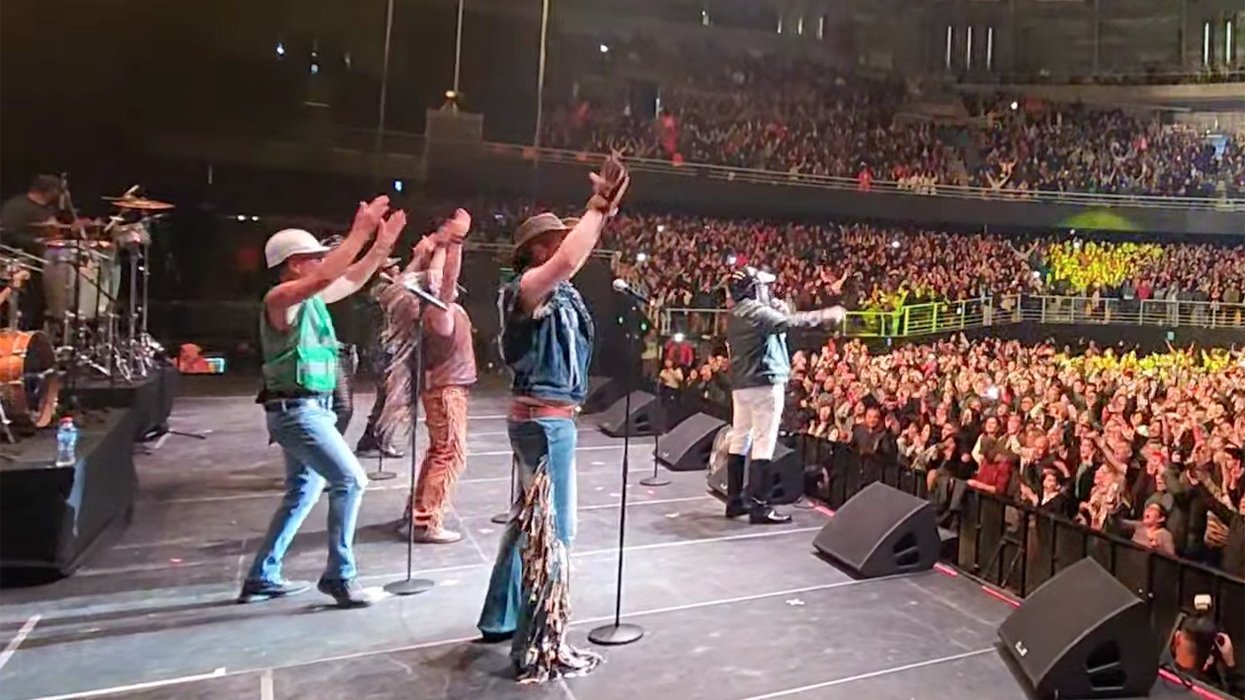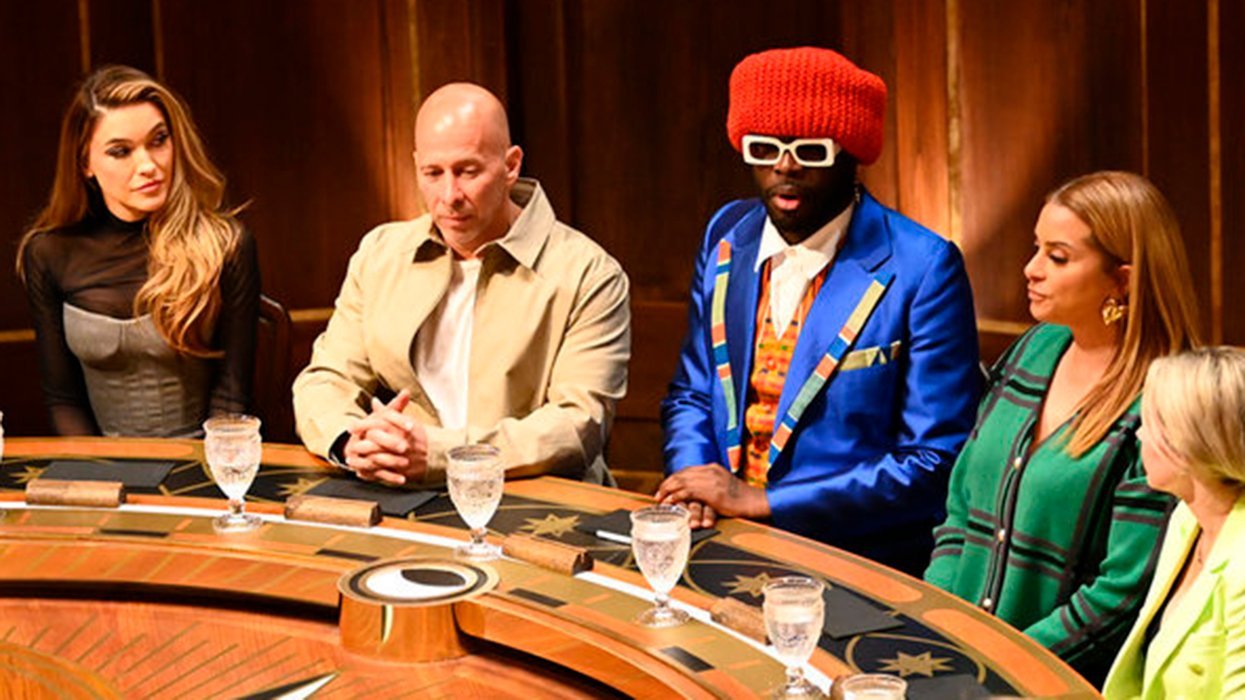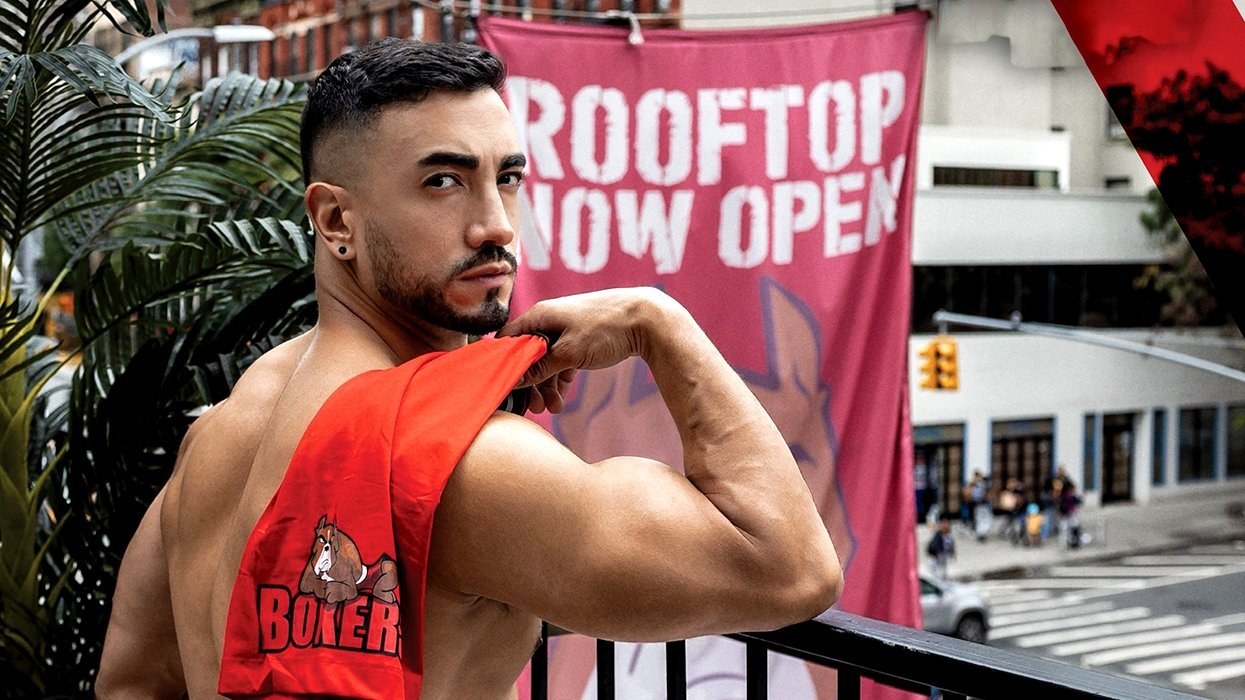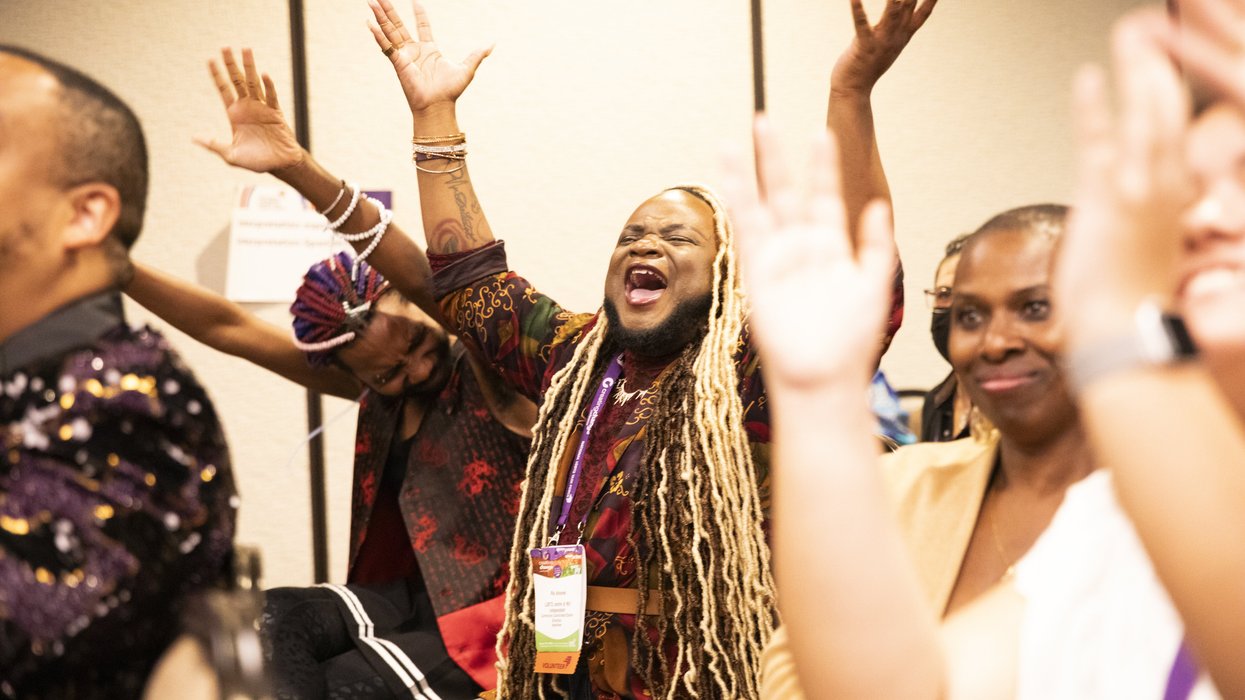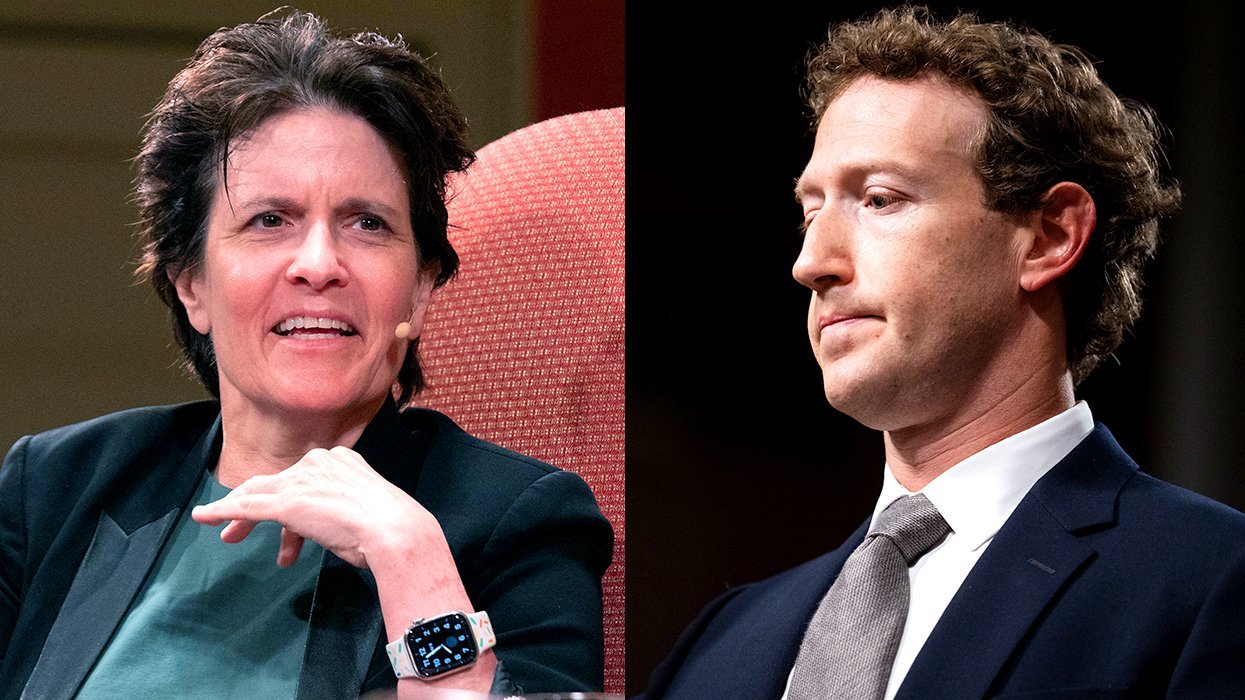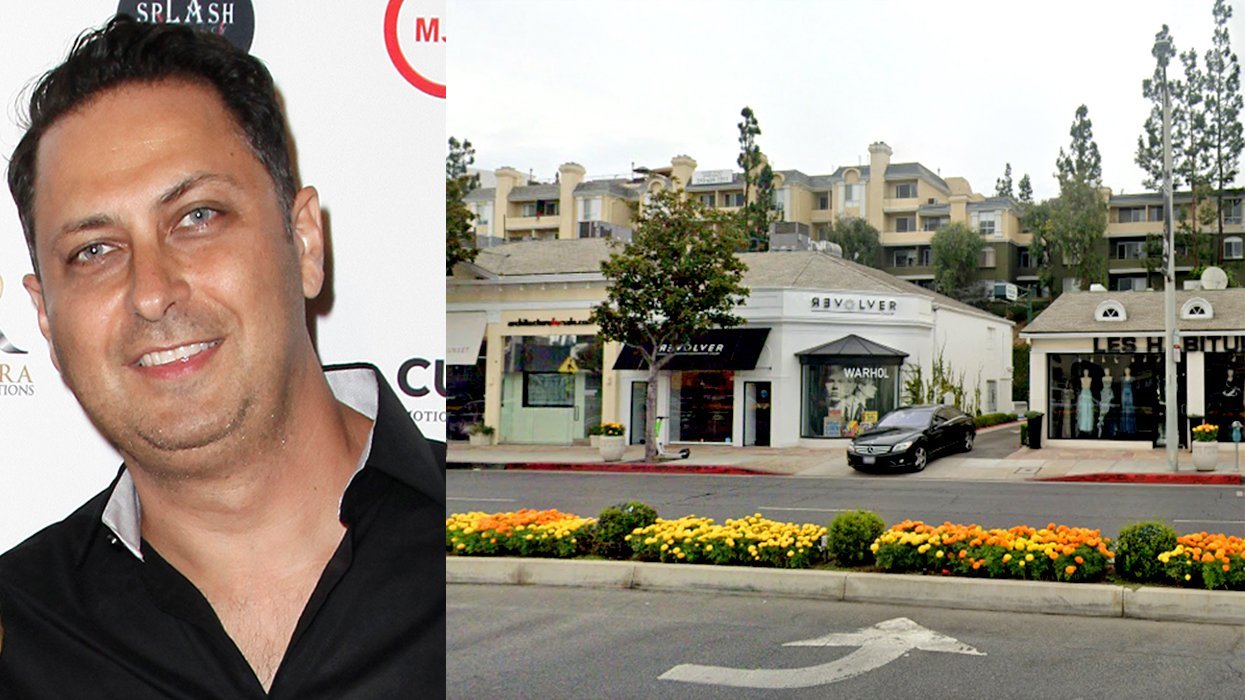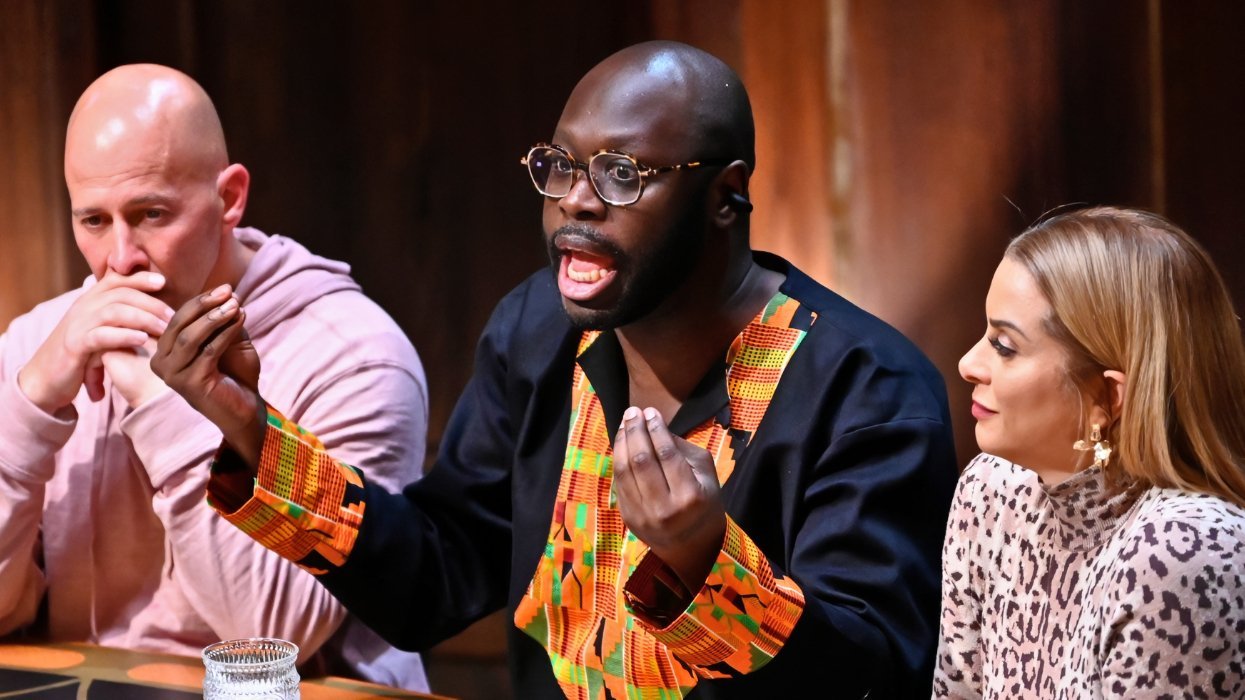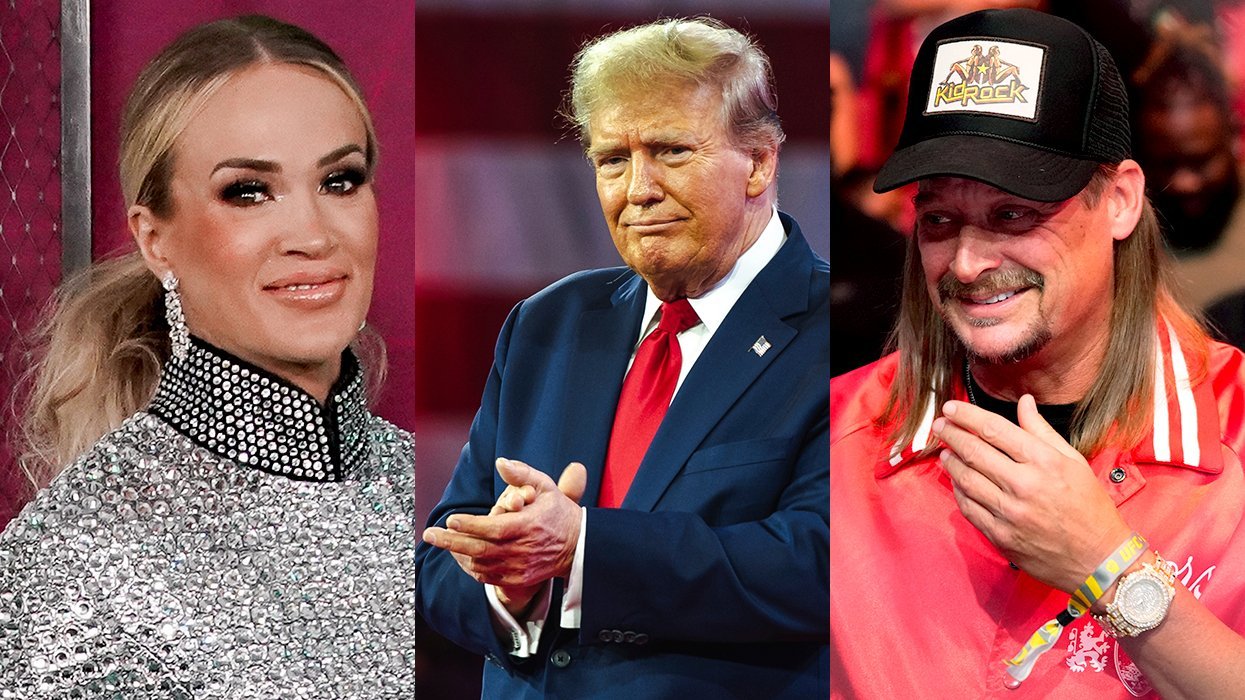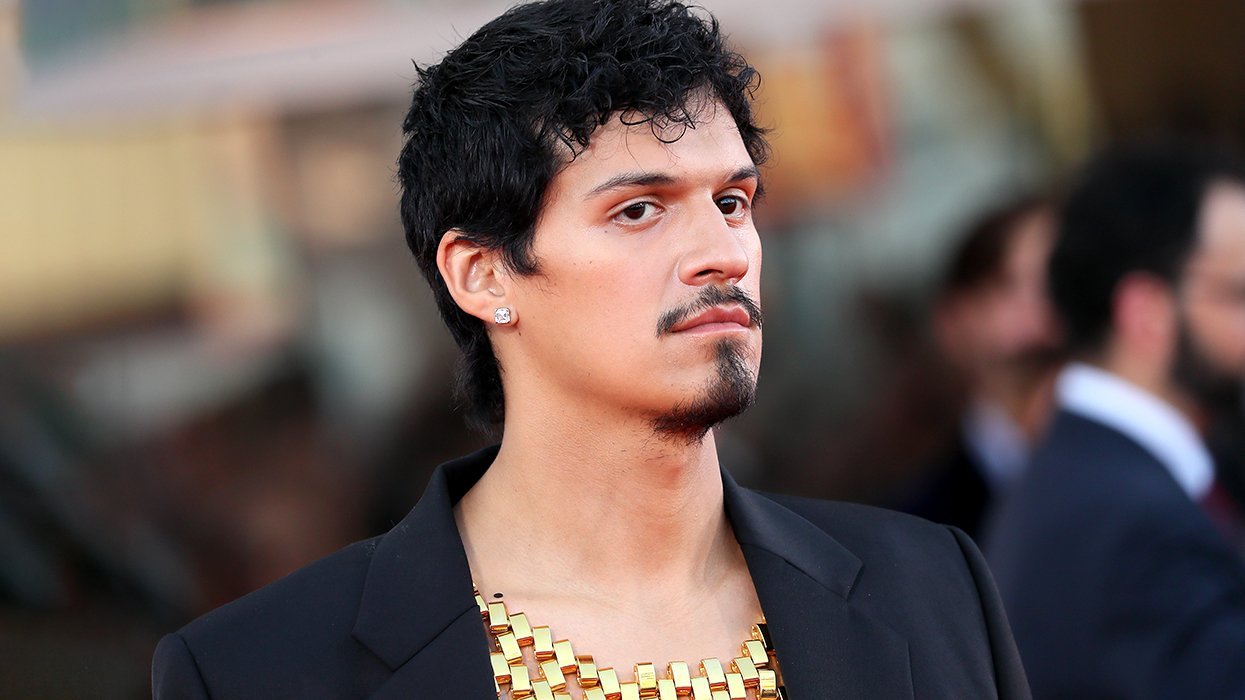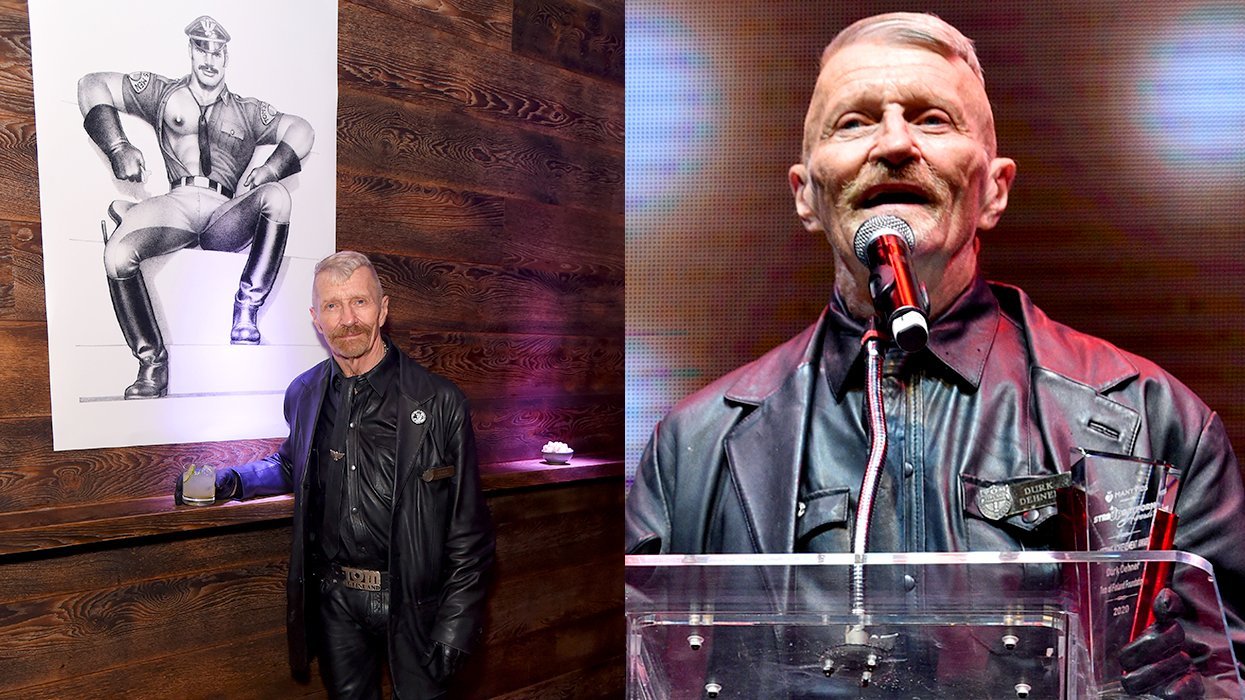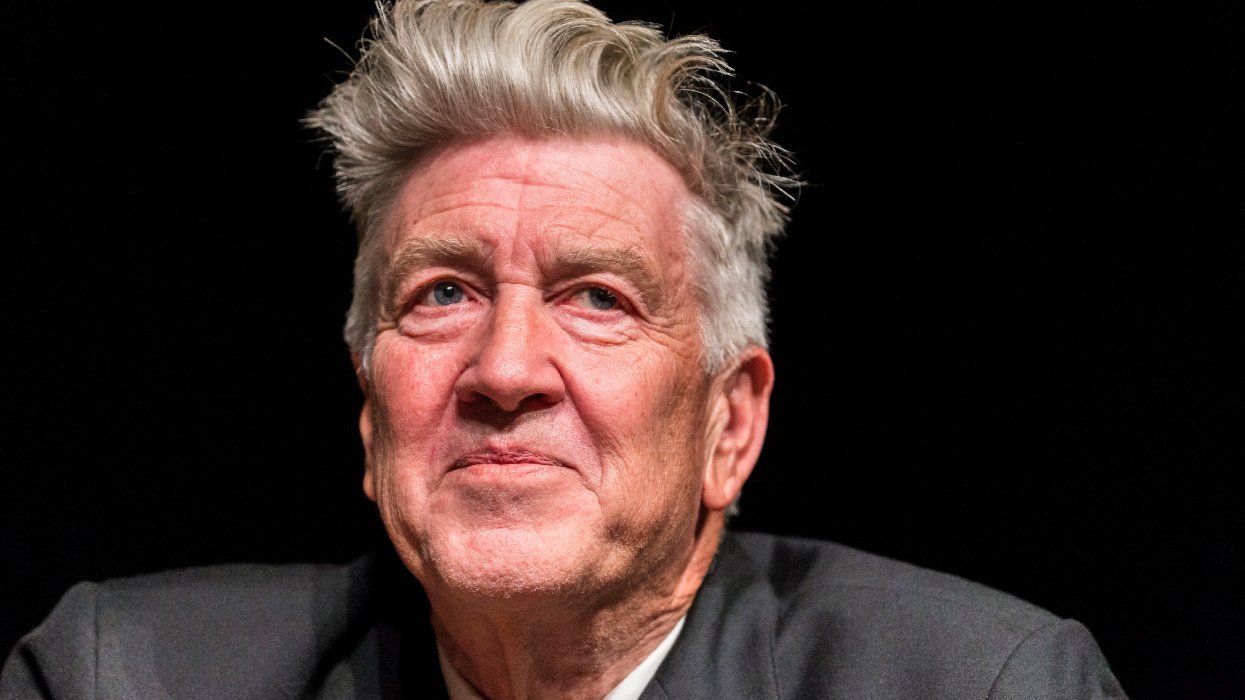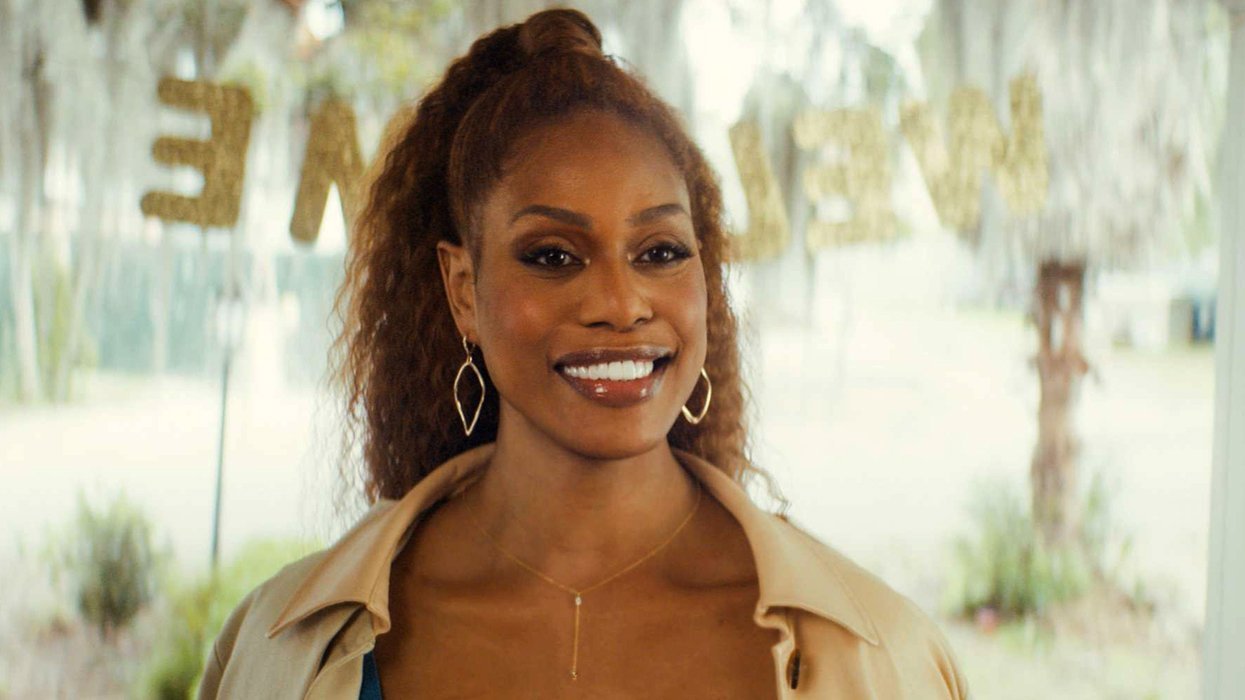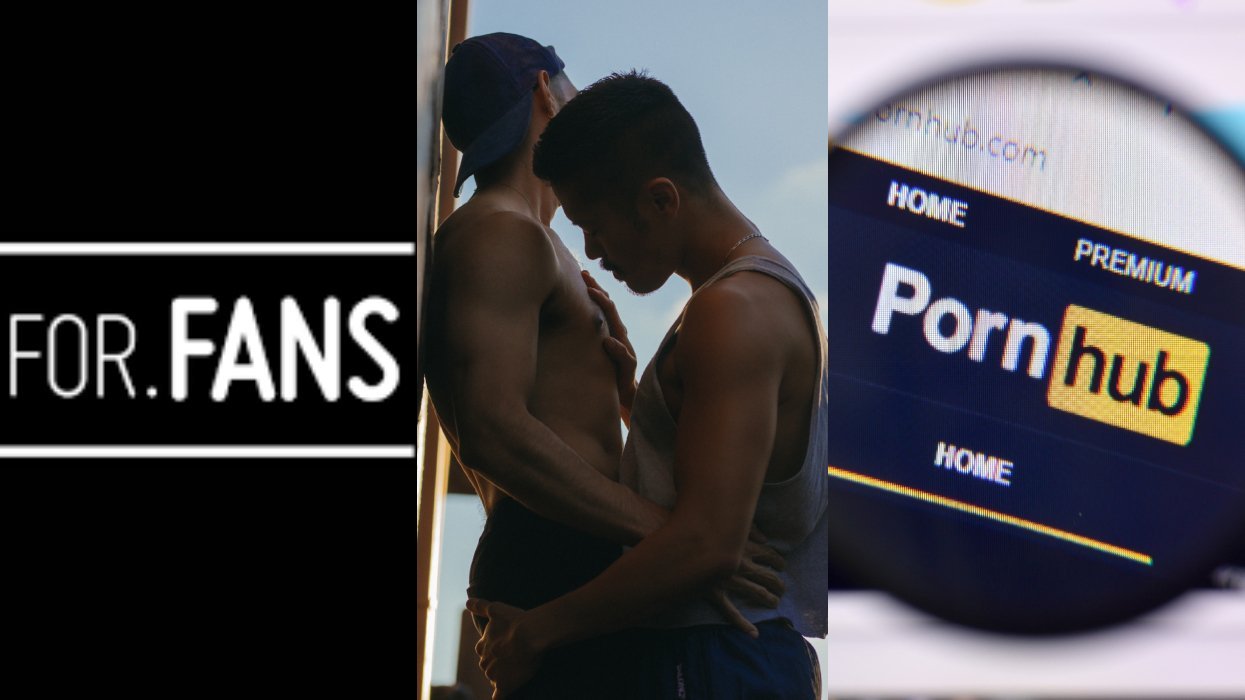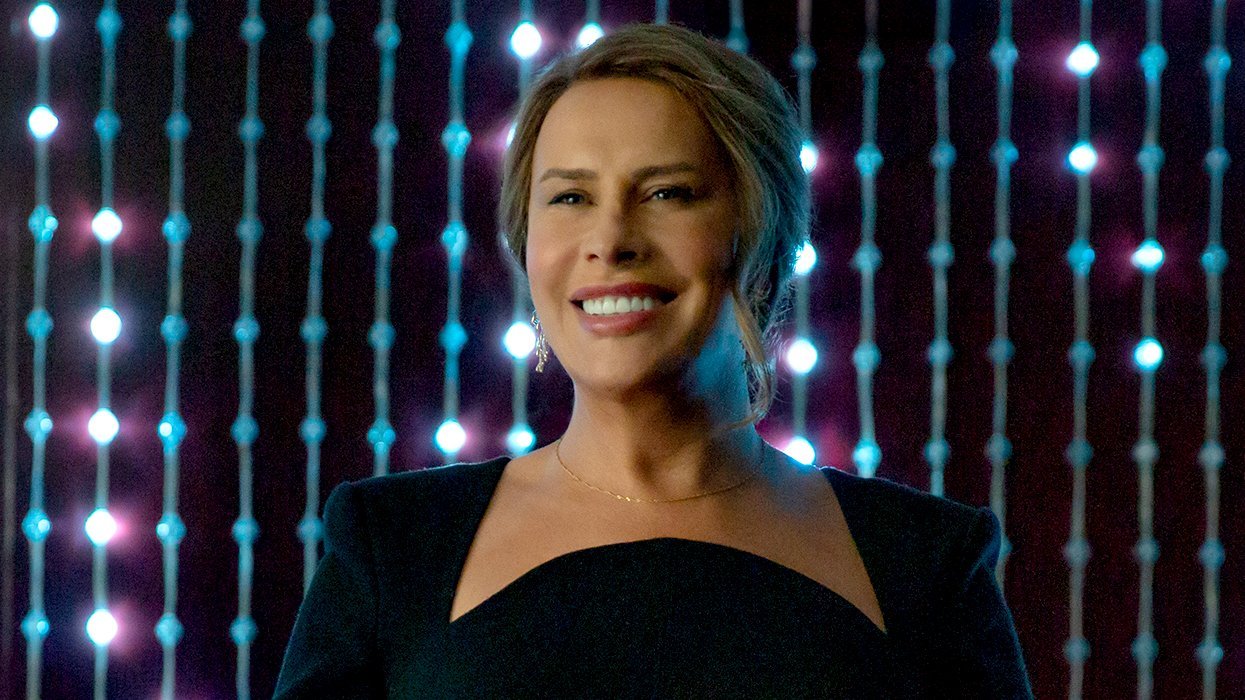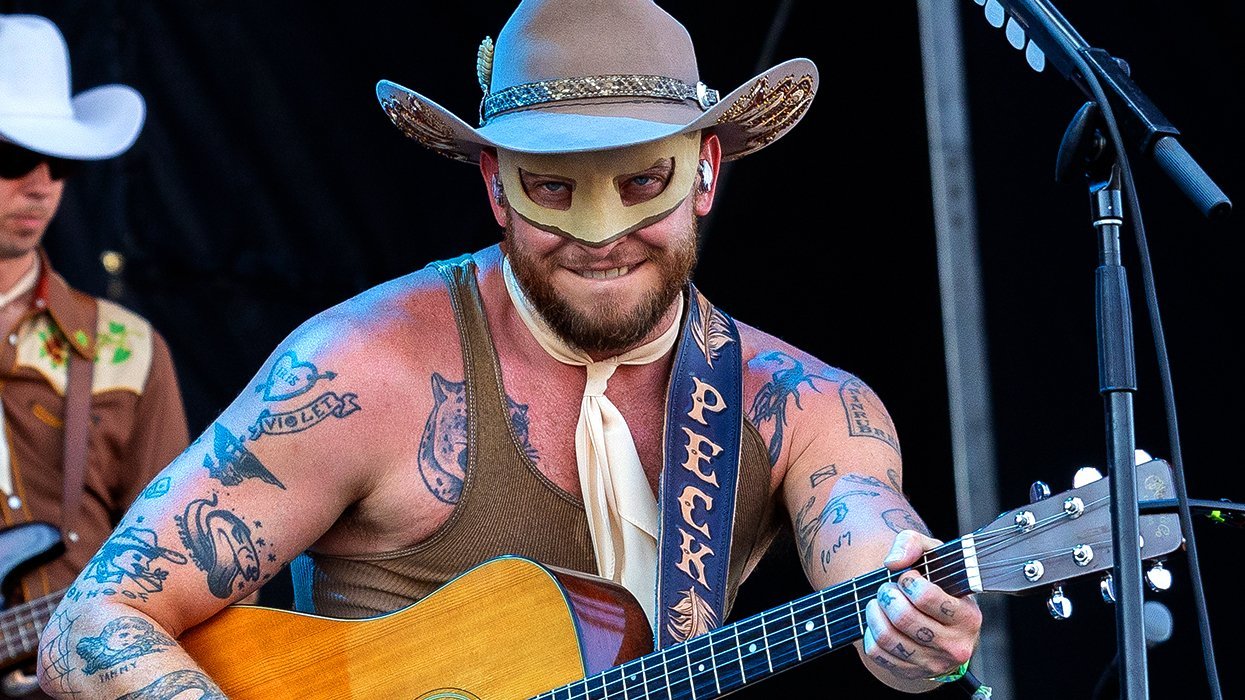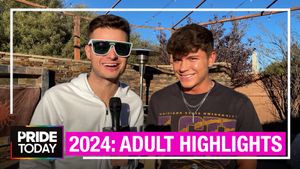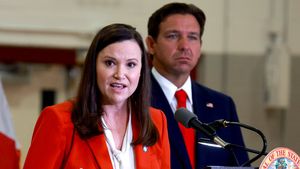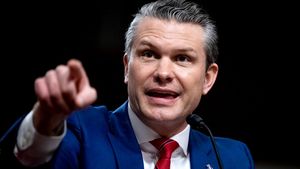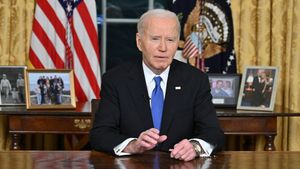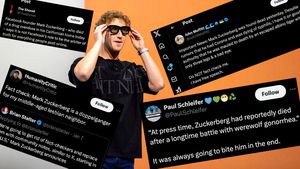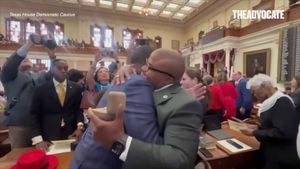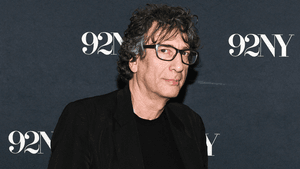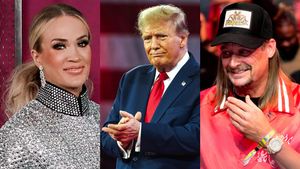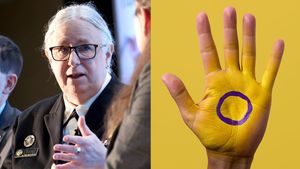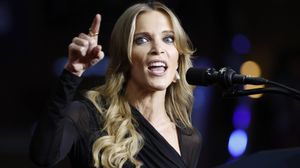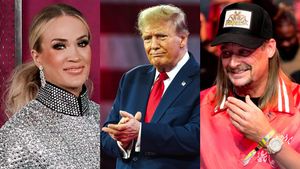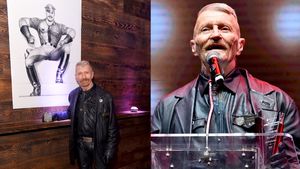Created and written by Dustin Lance Black, ABC's new miniseries When We Rise is focused on the beginnings of the modern LGBTQ social movements. It is partly inspired by Cleve Jones's 2016 memoir When We Rise: My Life in the Movement. In addition to Jones, the miniseries follows women's right activist Roma Guy, African-American community organizer Ken Jones, transgender activist Cecilia Chung, AIDS activist Bobbi Campbell and more. Tackling a wide breadth of social issues, the series reminds viewers of how effective movements can be when diverse groups band together and draw power from intersectionality.
Actress Emily Skeggs, who impressed audiences as Medium Alison both on Broadway and Off in the musical Fun Home, plays young Roma Guy in the series. No stranger to playing the younger version of a living person, Skeggs was able to meet with Guy as she prepared for the role. "There's not a lot about [Guy] on the Internet at all, so I really had to go off of meeting her and talking to her," says Skeggs of creating the character of Guy for When We Rise. "She did a StoryCorps a couple years back, and she gave me that CD. It was very helpful because I got to hear her tell her history."
Related | Kevin McHale on Playing AIDS Activist Bobbi Campbell in ABC's When We Rise
In opening episode, directed by Gus Van Sant, Guy is a key figure. As a lesbian woman, Guy finds herself ostracized from the National Organization for Women (NOW) in San Francisco. Unstymied, she joins forces with Sally Gearhart (Carries Preston), Pat Norman (Whoopi Goldberg), Del Martin (Rosie O'Donnell), and more to fight for the rights of women and other marginalized groups. "Roma Guy is someone who has been working her entire life for social justice, tirelessly. And, she is still working for social justice to this day," explains Skeggs. "A lot of people haven't necessarily heard of her, and that's partially because she is incredibly selfless. It's always about the work for her. She's never been motivated by the need to be seen or the need to become a public figure."
It is through Guy, standing at the intersection of women's rights and LGBT rights, that When We Rise first exposes the power of embracing and utilizing intersectionality for varied groups to make social progress together. "'When We Rise' shows the potential in what we are capable of doing and the change we are capable of enacting when we work together as a group, despite our differences," says Skeggs. "It is not until everybody comes together that they're really able to achieve what they want to achieve. I think that's true today. I think we're seeing that today."
Related | Austin P. McKenzie on Playing a Young Cleve Jones in When We Rise
As an example, we can all look at the January 21 Women's March on Washington. "Although it had its issues with intersectionality, I think the people who organized very quickly realized that intersectionality is key," says Skeggs. "At the heart of intersectionality is empathy, and it takes muscle for people to come together despite differences. But, at the end of the day that's how you get it done." This sentiment is a major thread in ABC's miniseries, and it is handled with aplomb by Black and his cast.
However, intersectionality is not the only aspect that makes the series so important. "I don't know that young people necessarily know the history of our civil rights in the latter part of the twentieth century, and it's imperative that they do," says Skeggs. "The very civil rights that are won in the miniseries are the ones that are going to be threatened, and are being threatened today, by our current administration and political climate." With this project, Black is able to highlight how those battles were fought, how some battles were lost, and the struggles along the way of including everybody in the fight. "I think When We Rise is a blueprint for how we work together. It's a blueprint for how we rise," adds Skeggs.
When We Rise premieres tonight on ABC at 9 pm EST. The eight-hour TV event spans the fight for LGBT from 1972 to 2013.
